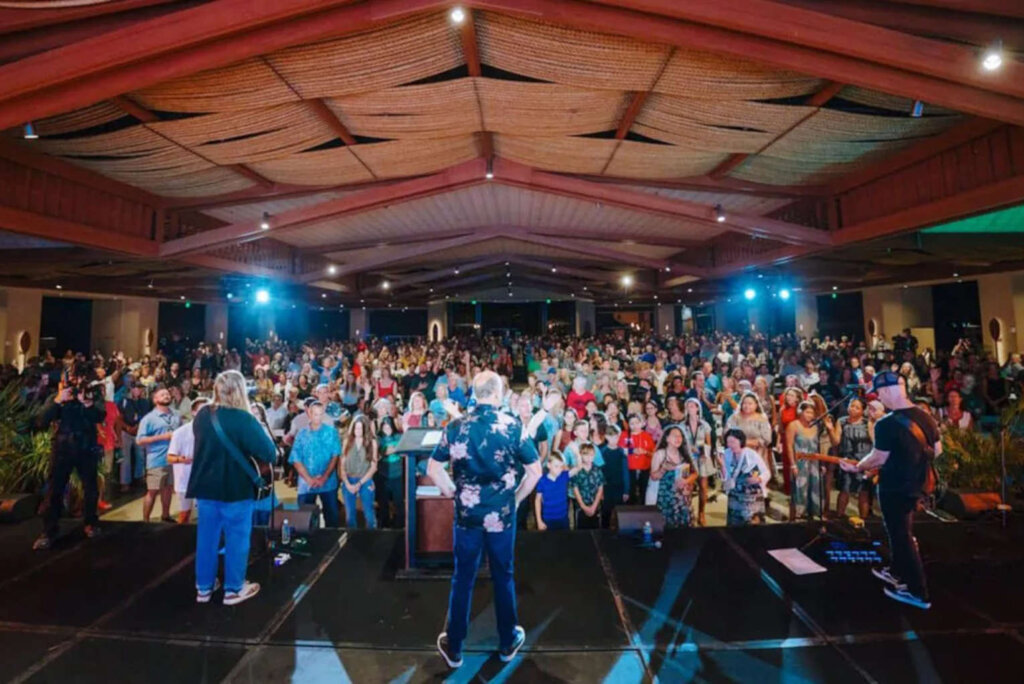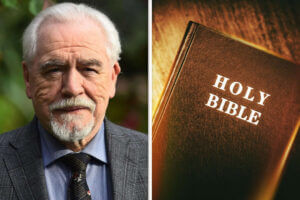Nonbelievers are challenging the Internal Revenue Service’s special exemptions for religious organizations in a federal court in Kentucky, saying churches and other religious groups should have the same financial rules as other nonprofit groups.
If they prevail, it will change the tax-exempt status of churches and other religious organizations, and require the same transparency of donors, salaries and other expenditures that secular nonprofits must currently meet.
“This is a very strong case,” said Dave Muscato, public relations director for American Atheists, a national advocacy group and lead plaintiff in the case. “It seems to be straight-up discrimination on the basis of religion.”
American Atheists is joined in the suit by Atheists of Northern Indiana and Atheist Archives of Kentucky. Oral arguments were heard Thursday in the U.S. District Court for the Eastern District of Kentucky in Covington.
The case centers around who must file IRS Form 990, an annual reporting statement that provides information on a group’s mission, programs and finances.
Current tax law requires all tax-exempt organizations to file a Form 990 financial report—except churches and church-related organizations. A few state, political and educational organizations are exempt as well if their annual revenues fall below certain amounts.
This means the IRS treats religious organizations differently than it does all other organizations, the suit holds. It claims the IRS policy is a violation of the First Amendment and the due process promised under the Fifth Amendment.
IRS spokesman Anthony Burke said the agency’s policy is not to comment on pending litigation.
The suit argues that religious organizations receive preferential treatment because they do not have to withhold income tax from compensation to clergy, reveal staff salaries, or disclose the names of donors who give more than $5,000.
The plaintiffs allege that because they must reveal the names of major donors, they are hindered in the amount of money they can raise.
“We have donors who tell us, ‘I would like to give more than this but I don’t want people to know I am an atheist,’” Muscato said. “That is hurting us to be held to that different standard.”
The suit also alleges that, because religious organizations do not file Form 990, there is little proof that the organizations’ activities benefit the public and should therefore be tax-exempt. It holds that such “subsidization of religious entities” costs taxpayers $71 billion per year.
See an error in this article?
To contact us or to submit an article






















